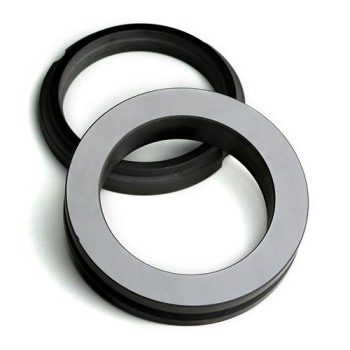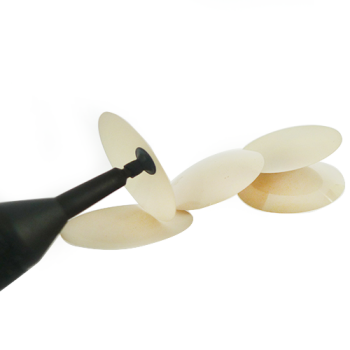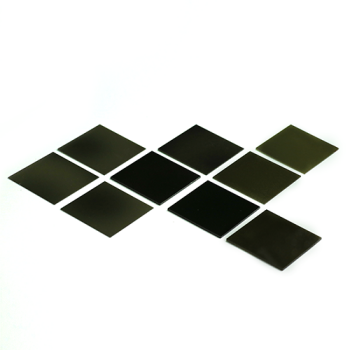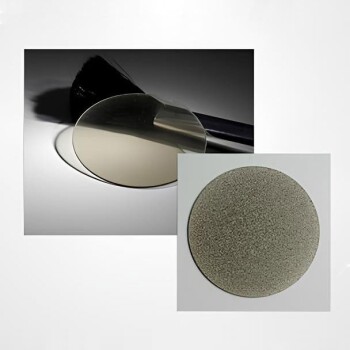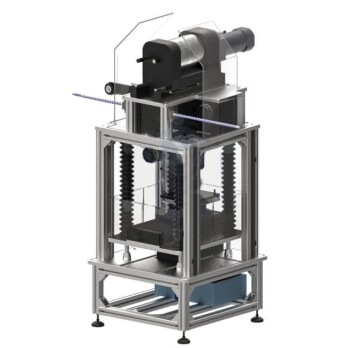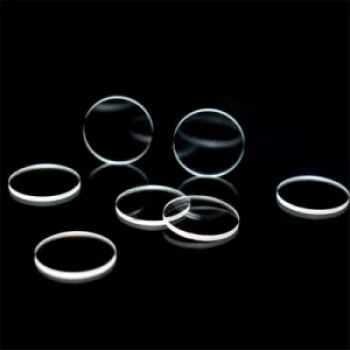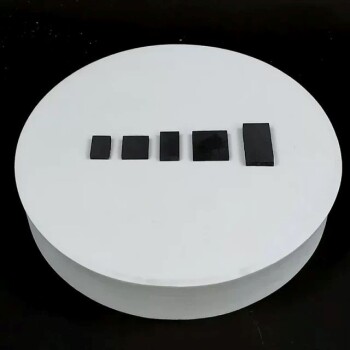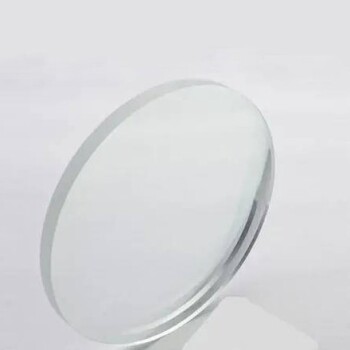In short, diamond-coated steel is a composite material where a thin layer of synthetic diamond is bonded to the surface of a steel object. This process is not about creating a solid diamond tool, but about combining the best properties of two different materials: the structural strength and toughness of steel with the unparalleled hardness and wear resistance of a diamond surface.
The core purpose of diamond-coated steel is to give a strong, tough, and affordable steel component an exceptionally hard, low-friction, and wear-resistant surface. It is a surface treatment designed for performance, not a new type of metal alloy.
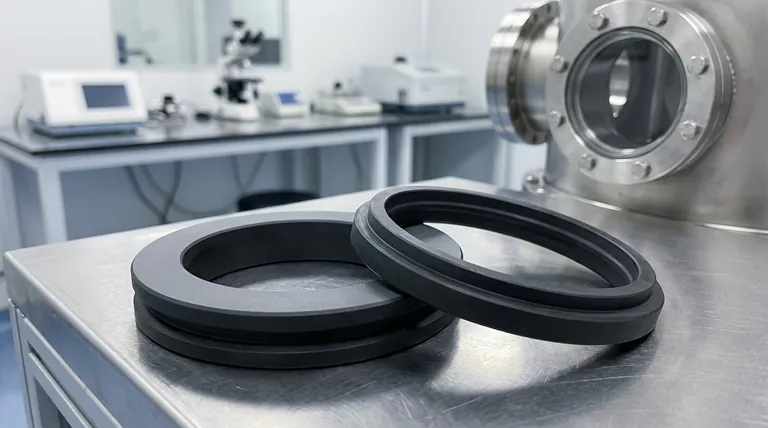
How Diamond is Coated onto Steel
The process of bonding diamond to steel is technically challenging because the two materials have fundamentally different physical and chemical properties. A specialized process is required to create a durable bond.
The Core Method: Chemical Vapor Deposition (CVD)
The most common method is Chemical Vapor Deposition (CVD). This high-tech process occurs in a vacuum chamber.
First, a carbon-containing gas, such as methane, is introduced into the chamber. Then, energy (often in the form of a plasma) is used to break down the gas molecules, releasing carbon atoms.
These carbon atoms then settle, or "deposit," onto the steel substrate, arranging themselves into the crystal lattice structure of diamond, forming a thin but incredibly hard film.
The Importance of an Interlayer
Directly depositing diamond onto steel can result in a weak bond that flakes off easily. This is due to differences in thermal expansion and chemical compatibility.
To solve this, a buffer or interlayer (made of materials like titanium or chromium) is often applied to the steel first. This intermediate layer acts as a "glue," adhering well to both the steel and the subsequent diamond film, ensuring a much more robust and durable coating.
Key Properties and Advantages
Applying a diamond coating dramatically enhances the surface properties of the steel substrate, making it suitable for demanding applications.
Extreme Hardness and Wear Resistance
This is the primary benefit. Diamond is the hardest known material, making the coated surface exceptionally resistant to scratching, abrasion, and general wear. This extends the life of tools and components significantly.
Low Coefficient of Friction
A diamond surface is extremely smooth and slick, resulting in very low friction. This is highly valuable for components that slide against each other, as it reduces heat buildup and the energy required for operation.
Chemical and Thermal Stability
Diamond is chemically inert, meaning it does not easily react with other substances. This provides excellent corrosion resistance. It is also an exceptional thermal conductor, allowing it to dissipate heat quickly from a cutting edge or wear surface.
Understanding the Trade-offs and Limitations
While powerful, diamond-coated steel is not a perfect solution for every problem. Understanding its limitations is critical for its proper application.
The Coating is Only a Surface Layer
The most important thing to remember is that the bulk of the object is still steel. The diamond properties are confined to a very thin surface. If this layer is chipped, breached, or wears away, the benefits are lost.
Brittleness of the Coating
While extremely hard, the diamond film itself can be brittle. A sharp, direct impact can cause the coating to crack or chip off, even if the underlying steel remains undamaged. It excels against abrasive wear, not heavy impacts.
Adhesion is the Weak Point
The bond between the diamond film and the steel (or interlayer) is the most common point of failure. A poorly applied coating will delaminate or flake under stress, rendering the tool useless. The quality of the manufacturing process is paramount.
High Cost
The CVD process is complex, energy-intensive, and requires specialized equipment. This makes diamond-coated products significantly more expensive than those made from conventional hardened steels or other coating types like titanium nitride (TiN).
Making the Right Choice for Your Application
Use this framework to decide if a diamond coating is the appropriate choice for your specific need.
- If your primary focus is abrasion resistance and edge retention: For applications like knife sharpeners, grinding wheels, or saw blades for cutting hard composites, a diamond coating is an exceptional choice.
- If your primary focus is toughness and impact resistance: For tools like hammers, chisels, or structural components, a diamond coating is unsuitable. The brittle coating would fail on impact; a through-hardened tool steel is the correct choice.
- If your primary focus is cost-effective general performance: For many common tasks, like drilling soft wood or metal, cheaper coatings (like TiN) or standard high-speed steel (HSS) provide more than adequate performance for a fraction of the cost.
Ultimately, viewing diamond-coated steel as a specialized surface treatment, not an invincible super-material, is the key to using it effectively.
Summary Table:
| Property | Diamond-Coated Steel | Standard Steel |
|---|---|---|
| Surface Hardness | Extreme (Hardest known material) | High (when hardened) |
| Wear Resistance | Exceptional | Good |
| Friction Coefficient | Very Low | Moderate to High |
| Impact Resistance | Low (Coating can be brittle) | High (Tough) |
| Relative Cost | High | Low |
Need a solution for extreme wear and low friction?
Diamond-coated steel is a specialized, high-performance material ideal for demanding applications. If your laboratory or manufacturing process involves cutting, grinding, or sliding components that require unparalleled surface hardness and longevity, KINTEK can help.
We specialize in providing advanced lab equipment and consumables. Contact our experts today to discuss if diamond-coated components are the right choice for your specific needs and to learn how our solutions can enhance your operational efficiency and durability.
Visual Guide

Related Products
- Custom CVD Diamond Coating for Lab Applications
- CVD Diamond Domes for Industrial and Scientific Applications
- CVD Diamond Cutting Tool Blanks for Precision Machining
- CVD Diamond Optical Windows for Lab Applications
- Cylindrical Resonator MPCVD Machine System Reactor for Microwave Plasma Chemical Vapor Deposition and Lab Diamond Growth
People Also Ask
- How thick is CVD diamond coating? Balancing Durability and Stress for Optimal Performance
- How are tools coated with diamond? Achieve Superior Hardness and Low Friction for Your Tools
- Is diamond coating worth it? Maximize Component Life and Performance
- What are the three types of coating? A Guide to Architectural, Industrial, and Special Purpose
- What is CVD diamond coating? Grow a Super-Hard, High-Performance Diamond Layer
